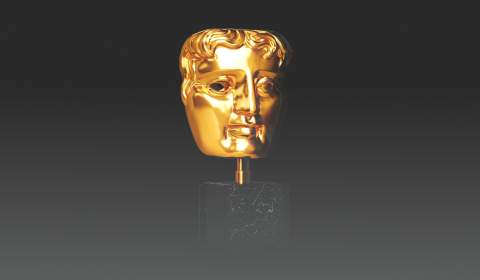The beauty pageant is being hailed as the death of wokeness, and the result of the ‘Trump effect’.
Victoria Kjær Theilvig, a 21-year-old Danish woman, is Miss Universe 2024. She’s blonde, blue-eyed, and undeniably beautiful – a fact that should been met with applause and little more.
Instead, her win has ignited a cultural skirmish on social media, where far-right commentators have seized the moment to proclaim the supposed ‘end of wokeness’.
Kjær Theilvig is the first blonde-haired, blue-eyed woman to win the Miss Universe pageant in 20 years, but some are using her win as an excuse to take down other women.
Thousands of comments celebrating Kjær Theilvig’s win have been thinly veiled instances of transphobia, fatphobia, and racism, framing her victory as a repudiation of progressive ideals.
Her victory isn’t political – unless one counts the inherent politics of pageantry. Yet her crowning moment has been twisted into a symbolic ‘win’ against inclusivity.
On X (formerly Twitter), users are crediting this to the ‘Trump Effect,’ the theory that a supposed backlash to ‘wokeness’ is reshaping cultural norms in the wake of his re-election.
Never mind that the competition had nothing to do with Donald Trump, who sold his stake in the pageant nearly a decade ago.
Anti-wokeness is a phenomenon that has arisen in recent years as a counter to the idea of being ‘woke’ (or aware of important societal facts and issues). The latter term has been increasingly weaponised by far-right leaders and thinkers as a means to increase skepticism around values such as feminism, LGBTQIA+ rights, racial justice and more.
Earlier this year, Elon Musk – who has now established himself as a key figure in far-right US politics – blamed his trans child’s gender identity on a ‘woke mind virus’.
Kjær Theilvig is now both idolized and instrumentalized, a pattern Miss Universe winners know all too well. She is praised, not for her own merits, but for what her appearance supposedly negates.
Her win has been turned into a tool with which to attack other women who don’t fit outdated ‘conventional’ beauty norms.
If Kjær Theilvig’s win signals a rejection of diverse beauty standards, what message does that send to the rest of us? Must we accept that beauty is a zero-sum game, where one woman’s triumph negates another’s worth?
The backlash also betrays a deep insecurity. If inclusivity truly threatened traditional beauty standards, why would those standards need to be ‘defended’ by far-right trolls?




















